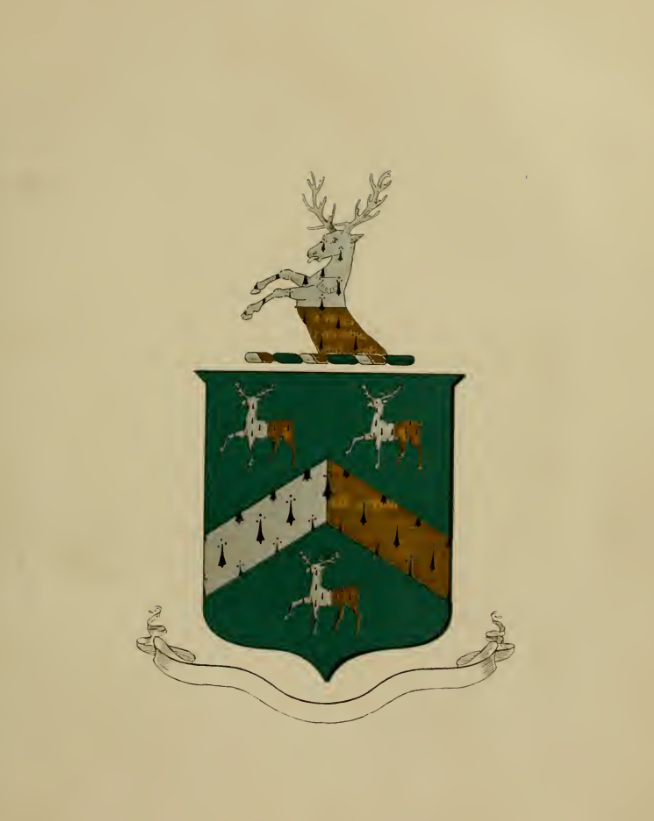PROGENY – the issue or descendants of a common ancestor
Related Articles:
- The Fertile Crescent and First FarmersThe first farmers settled in the Fertile Crescent along the Euphrates and Tigris river valleys (an area covered by present day Iraq, Syria and Azerbaijan) around 10,000 B.C. The favorable climate and topography of this region permitted the Cro-Magnons and their progeny to experiment in agriculture by growing staple crops like wheat and barley, which they used to make bread, an essential part of the diet of every early civilization. These agriculture based communities represented a fundamental shift in the mindset of early humans. Where in the past early humans had followed their food as hunter gatherers, now, they discovered a means to sustain themselves by manipulating the natural resources and animal life in their immediate environment. Soon semi-permanent communities evolved from these farming communities, bringing with them more innovations, including the domestication of animals and irrigation techniques which assisted them in their cultivation of plants for crops.
- Family Surname OriginsEvery family story begins somewhere, and I can't think of a more appropriate place to start than with the origins of my family surnames. The paternal side of my family, the Greenlee's, originate in Armagh, Ireland and my father's maternal line, the Twyman's originate in Scotland. On my mother's side, her paternal line, the Murillo's go back to Spain via Bolivia, as does my mother's maternal line, the Claros family. A surname goes to the root of our sense of self…it follows us throughout life and often defines our personalities throughout our school years and provides a context for camaraderie with our friendships and relationships. Throughout my life and my career, I have found that asking six simple questions iteratively defines the root of any issue. These six questions: (1) Who, (2) What, (3) When, (4) Where, (5) Why, and (6) How, all come in handy regardless of whether the issue at hand is personal, professional, or historical. By boiling any topic down to answering these questions, we can understand a person, place or thing completely through the prism of six dimensions. Of course, this only works if you can answer all six questions accurately. With genealogical and family history research, the lack of primary resources leaves much of what we find, up to supposition or to the creative interpretation of facts we do find. With that caveat in mind, one question I hope to answer during my research lies in the origins of my family names. In particular the question of "Why"…why did my ancestors decide to assign their particular surnames to their families?
Merriam-Webster Online Dictionary
progeny (noun)1.
a) - descendants children
b) offspring of animals or plants
2.
- outcome product
3.
a body of followers, disciples, or successors
